Loving an abuser: Falling in love happens to us―usually before we really know our partner. It happens to us because we’re at the mercy of unconscious forces, commonly referred to as “chemistry.”
Don’t judge yourself for loving someone who doesn’t treat you with care and respect, because by the time the relationship turns abusive, we’re attached and want to maintain our connection and love.
There may have been hints of abuse at the beginning that we overlooked because abusers are good at seduction and wait until they know we’re hooked before showing their true colors. By then, our love is cemented and doesn’t die easily. It’s difficult to leave an abuser. It’s possible and even probable to know we’re unsafe and still love an abuser.
Research shows that even victims of violence on average experience seven incidents before permanently leaving their partner.
Read Do You Love An Abuser? How Can You Stop Being With One
It can feel humiliating to stay in an abusive relationship. Those who don’t understand ask why we love someone abusive and why we stay. We don’t have good answers. But there are valid reasons.
Our motivations are outside our awareness and control because we’re wired to attach for survival. These instincts control our feelings and behavior.
7 Reasons Why People End Up Loving An Abuser
1. Denial of abuse to survive.
If we weren’t treated with respect in our family and have low self-esteem, we will tend to deny abuse. We won’t expect to be treated better than how were controlled, demeaned, or punished by a parent.
Denial doesn’t mean we don’t know what’s happening. Instead, we minimize or rationalize it and/or its impact. We may not realize it’s actually abused.
Research shows we deny for survival to stay attached and procreate for survival of the species. Facts and feelings that would normally undermine love are minimized or twisted so that we overlook them or blame ourselves in order to keep loving.
By appeasing our partner and connecting to love, we stop hurting. Love is rekindled and we feel safe again.
2. Projection, idealization, and repetition compulsion.
When we fall in love, if we haven’t worked through trauma from our childhood, we’re more susceptible to idealizing our partner when dating.
It’s likely that we will seek out someone who reminds us of a parent with whom we have unfinished business, not necessarily of our opposite-sex parent. We might be attracted to someone who has aspects of both parents.
Our unconscious is trying to mend our past by reliving it in the hopes that we’ll master the situation and receive the love we didn’t get as a child. This helps us overlook signs that would be predictive of trouble.
3. The Cycle of Abuse.
After an abusive episode, often there’s a honeymoon period. This is part of the Cycle of Abuse. The abuser may seek connection and act romantic, apologetic, or remorseful.
Regardless, we’re relieved that there’s peace for now. We believe promises that it will never happen again, because we want to and because we’re wired to attach. The breach of the emotional bond feels worse than the abuse.
We yearn to feel connected again. Often the abuser professes to love us. We want to believe it and feel reassured about the relationship, hopeful, and lovable.
Our denial provides an illusion of safety. This is called the “Merry-Go-Round” of denial that happens in alcoholic relationships after a bout of drinking followed by promises of sobriety.
Read How The Emotional Abuser Traps A Victim
4. Low self-esteem.
Due to low self-esteem, we believe the abuser’s belittling, blame, and criticisms, which further lessen our self-esteem and confidence in our own perceptions. They intentionally do this for power and control. We’re brainwashed into thinking we have to change in order to make the relationship work.
We blame ourselves and try harder to meet the abuser’s demands. We may interpret sexual overtures, crumbs of kindness, or just the absence of abuse as signs of love or hope that the relationship will improve. Thus, as trust in ourselves declines, our love and idealization of the abuser remain intact.
We may even doubt that we could find anything better.
5. Empathy for the abuser.
Many of us have empathy for the abuser, but not for ourselves. We are unaware of our needs and would feel ashamed asking for them. This makes us susceptible to manipulation if an abuser plays the victim, exaggerates guilt, shows remorse, blames us, or talks about a troubled past (they usually have one).
Our empathy feeds our denial system by supplying justification, rationalization, and minimization of the pain we endure. Most victims hide the abuse from friends and relatives to protect the abuser, both out of empathy and shame about being abused. Secrecy is a mistake and gives the abuser more power.
6. Positive aspects.
Undoubtedly the abuser and the relationship have positive aspects that we enjoy or miss, especially the early romance and good times. We recall or look forward to their recurrence if we stay. We imagine if only he or she would control his or her anger, or agree to get help, or just change one thing, everything would be better. This is our denial.
Often abusers are also good providers, offer a social life, or have special talents. Narcissists can be exceedingly interesting and charming. Many spouses claim that they enjoy the narcissist’s company and lifestyle despite the abuse.
People with a borderline personality can light up your life with excitement . . . when they’re in a good mood. Sociopaths can pretend to be whatever you want . . . for their own purposes. You won’t realize what they’re up to for some time.
Read Why Do I Feel Sorry For My Abuser? Why Do I Love The One Who Hurts Me?
7. Intermittent reinforcement and trauma bonding.
When we receive occasional and unpredictable positive and negative intermittent reinforcement, we keep looking for the positive. It keeps us addictively hooked.
Partners may be emotionally unavailable or have an avoidant attachment style. They may periodically want closeness. After a wonderful, intimate evening, they pull away, shut down, or are abusive. When we don’t hear from the person, we become anxious and keep seeking closeness. We mislabel our pain and longing as love.
Especially people with a personality disorder might intentionally do this to manipulate and control us with rejection or withholding. Then they randomly fulfill our needs. We become addicted to seeking a positive response. Over time, periods of withdrawal are longer, but we’re trained to stay, walk on eggshells, and wait and hope for connection.
This is called “trauma bonding” due to repeated cycles of abuse in which the intermittent reinforcement of reward and punishment creates emotional bonds that resist change. It explains why abusive relationships are the most difficult to leave, and we become codependent on the abuser. We may completely lose ourselves trying to please and not displease the abuser.
Bits of kindness or closeness feel all the more poignant (like make-up sex) because we’re been starved and are relieved to feel loved. This feeds the Cycle of Abuse.
Abusers will turn on the charm if you threaten to leave, but it’s just another temporary ploy to reassert control. Expect to go through withdrawal after you leave. You may still miss and love the abuser.
When we feel completely under the control of the abuser and can’t escape from physical injury, we can develop “Stockholm Syndrome,” a term applied to captives.
Any act of kindness or even the absence of violence feels like a sign of friendship and being cared for. The abuser seems less threatening, and we start imagining that they’re our friend and we’re in this together.
This occurs in intimate relationships that are less perilous due to the power of chemistry, physical attraction, and sexual bonding. We’re loyal to a fault. We want to protect the abuser whom we’re attached to rather than ourselves.
We feel guilty talking to outsiders, leaving the relationship, or calling the police. Outsiders who try to help feel threatening. For example, counselors and Twelve-Step Programs may be viewed as interlopers who “want to brainwash and separate us.” This reinforces the toxic bond and isolates us from help . . . what the abuser wants!
Read How You Can Identify And Resist Control Disguised As Love
Steps You Can Take
If you feel trapped in a relationship or can’t get over your ex:
- Seek support and professional help. Attend CoDA meetings.
- Get information and challenge your denial.
- Report violence and take steps to protect yourself from violence and emotional abuse.
- When you miss the abuser or are longing for attention, in your mind substitute the parent whom you’re projecting on your partner. Write about and grieve that relationship.
- Be more loving to yourself. Meet your needs.
- Learn to set boundaries.
- Take steps to improve the relationship utilizing Dealing with a Narcissist…and Difficult People.
- Get Breakup Recovery and How to Raise Your Self-Esteem.
©Darlene Lancer 2019
Originally appeared on What Is Codependency
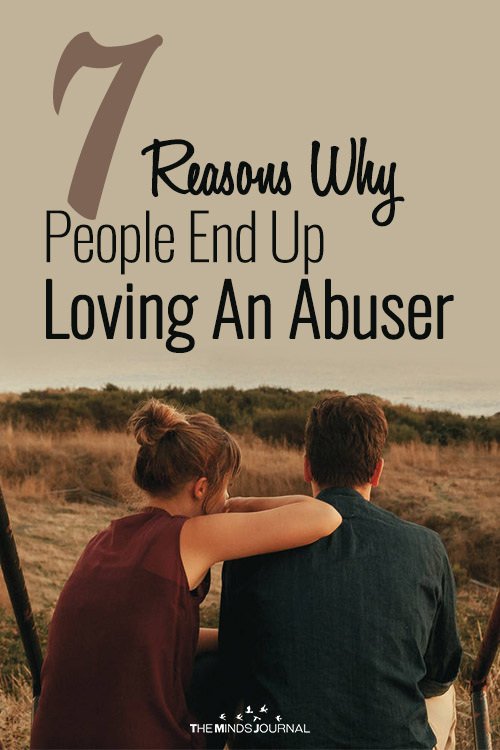
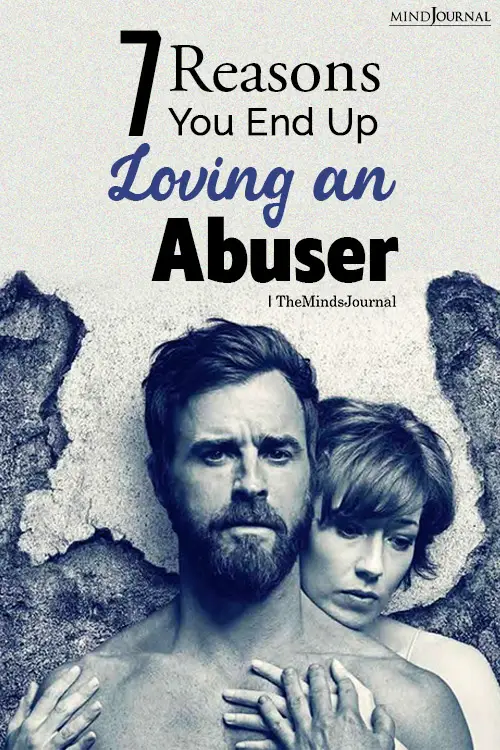
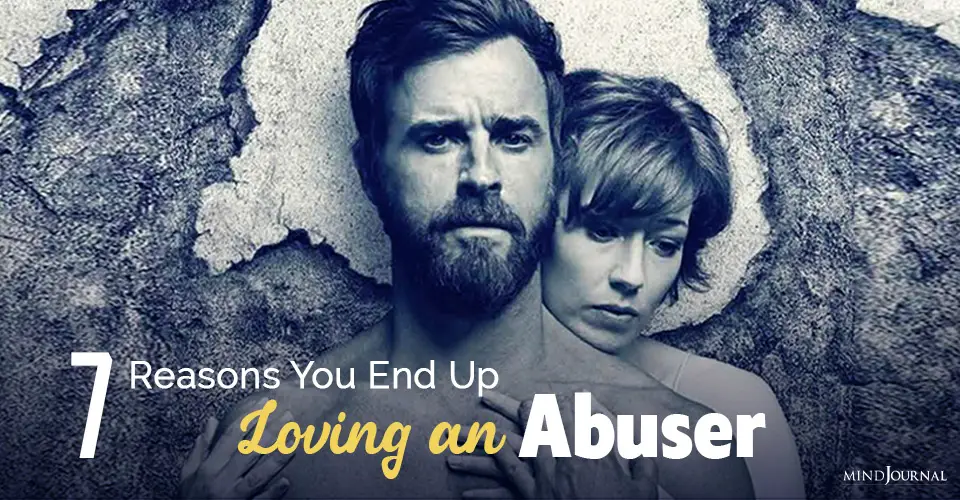

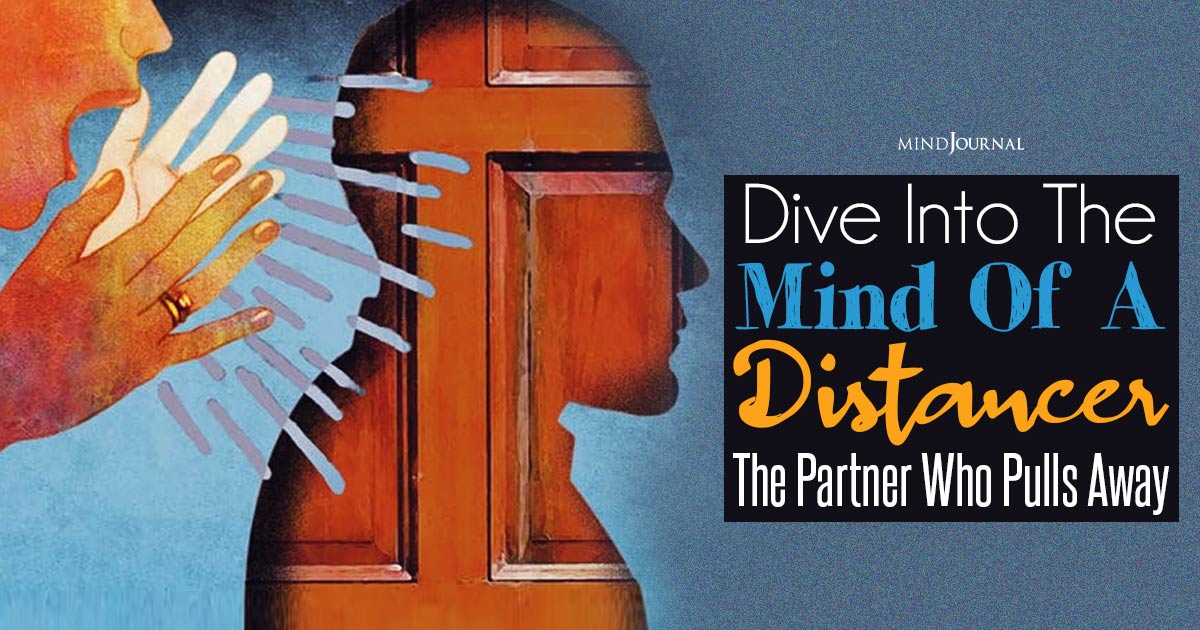


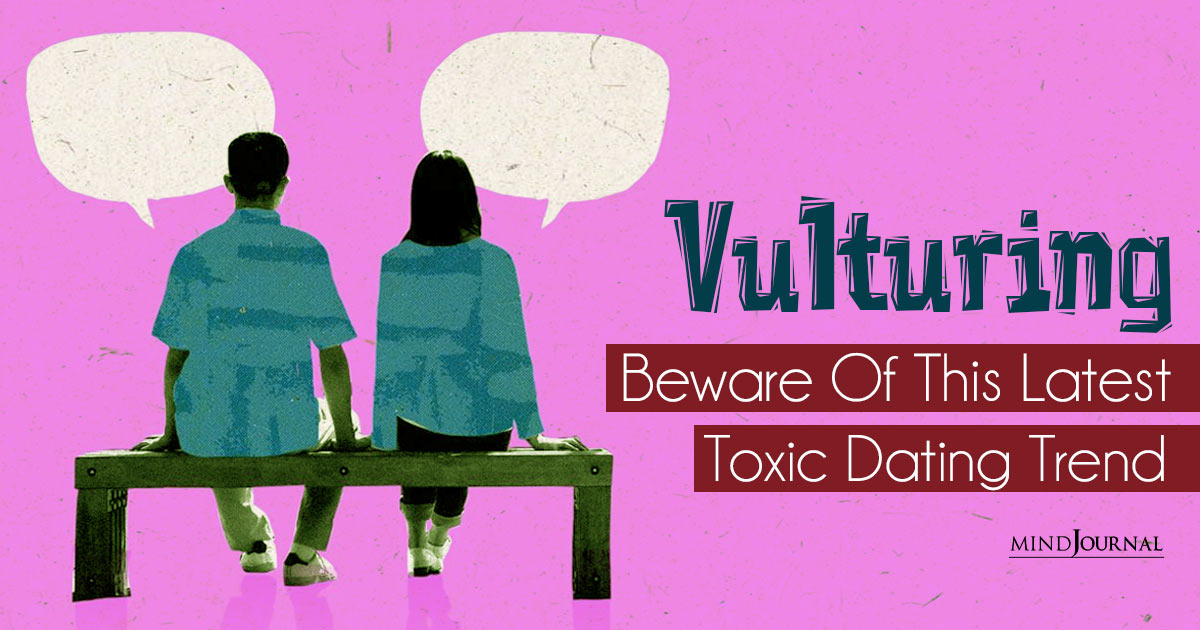
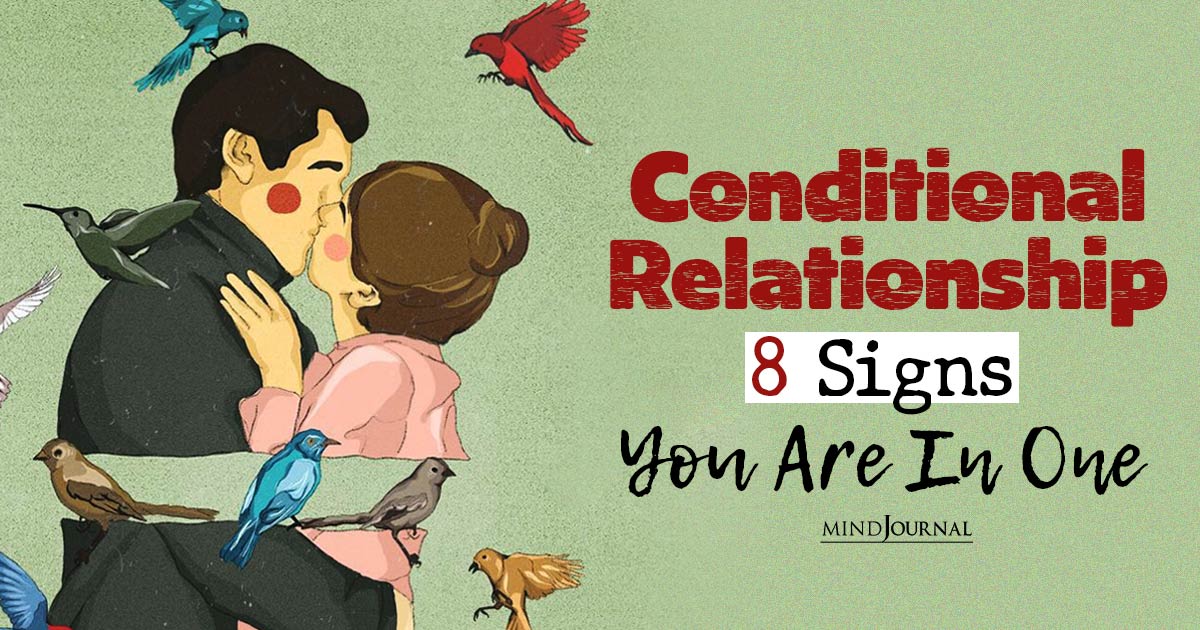

Leave a Reply
You must be logged in to post a comment.